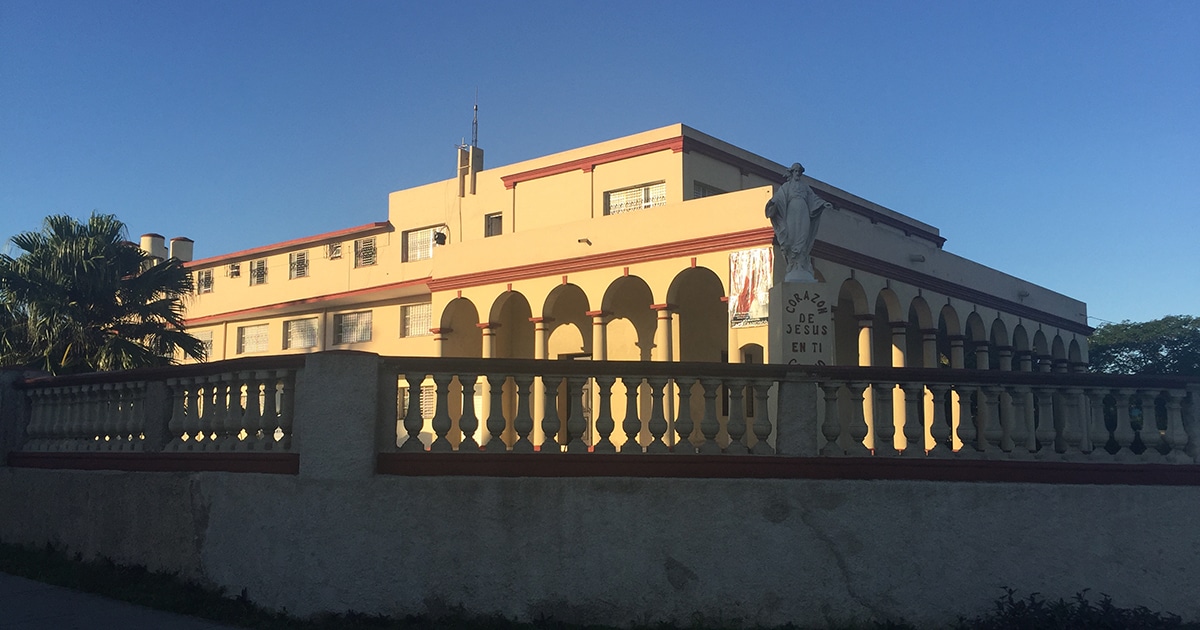An ongoing grassroots project to develop effective social justice leaders, the eighth Justice Camp organized by the Anglican Church of Canada will take on an international dimension next year as the event is held outside of Canada for the very first time.
Justice Camp 2016 will take place in Matanzas, Cuba and runs from Sunday, May 1 to Friday, May 6, with travel to and from the location on April 30 and May 7. Built around the theme of “Common Good,” the camp is a joint initiative of the diocese of Niagara and the diocese of Cuba—which are in a companion diocese relationship—along with the Primate’s World Relief and Development Fund (PWRDF) and the General Synod of the Anglican Church of Canada.
Applications are now open and available online for the camp. Participants will include 25 Canadians over the age of 18 with a commitment to social justice ministry, chosen from the applicants to take part in the camp alongside 25 Cuban participants. Reflecting the diversity of the church in Canada, the participants will be intergenerational, with a strong contingent of young adults.
Over the course of their week in the camp, participants will take part in a variety of activities including biblical and theological reflection, worship, relationship building, and directed immersion experiences in which people break into small groups and focus on one element of the theme being explored.
Each Justice Camp focuses on a different aspect of a given theme such as poverty, advocacy, environmental justice. Justice Camp 2016 will explore the concept of the common good in all its permutations. Issues related to food security, economic justice and civic engagement will be featured throughout the camp.
The Ven. Dr. Peter John Hobbs is currently the director of mission for the diocese of Ottawa and a co-founder of the Justice Camp, and played a leading role in organizing camps in Canada from 2005 to 2014. He noted the “lateral” approach to learning in the camp, in which numerous participants may be as knowledgeable about a topic as the person speaking on the stage.
“We call it a camp for a reason,” Archdeacon Hobbs said. “It’s not a conference. It’s not about going around and watching PowerPoint presentations ad nauseum every day.
“When I send my kids to camp, I expect that they’re going to be taken down to the waterfront, shown a canoe, someone will pick up a paddle … put them in the canoe and get them out on the water, and they learn as they go.
“I think Justice Camp is like that too,” he added. “It’s much more hands-on, much more experiential, and much more lateral in how you do your learning.”
A major benefit of attending Justice Camp is the opportunity to form relationships and network with others engaged in social justice work, learning valuable lessons to help organize around particular issues upon returning home.
As an example, PWRDF public engagement program coordinator Suzanne Rumsey— who was part of the initial planning team for Justice Camp 2016—pointed to the role of the Episcopal Diocese of Cuba in promoting sustainable development through food security.
She recalled how a Canadian Anglican delegation visited the country in March and came away inspired by how their Cuban counterparts had “found a way to be a church in the world, a church in their communities—and that that is giving life to the churches in Cuba in unexpected ways.”
“It’s not about putting more people in the pews on Sunday morning,” Rumsey said. “But about the church going out into the community and meeting, in this case, [some of] the real food security and water security issues. So I hope people can come back, as our group did, with a new perspective on what the church can be in society.”
Interested in participating in Justice Camp 2016? The deadline for Canadian applications is November 20, 2015. Costs include a registration fee of $350, as well as an additional contribution of $500 by Canadian participants towards a travel pool to offset transportation costs to and from Cuba. Some financial assistance is available for those in need.
Interested in keeping up-to-date on news, opinion, events and resources from the Anglican Church of Canada? Sign up for our email alerts .

